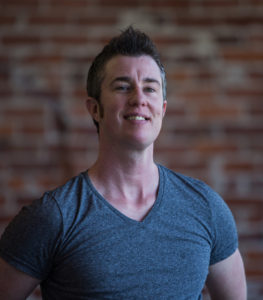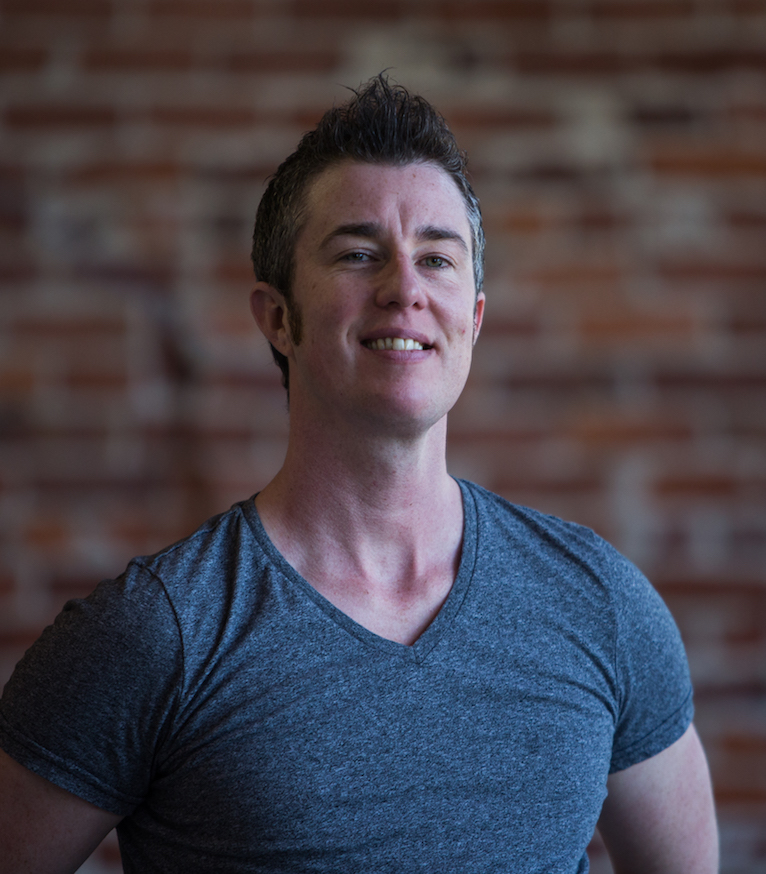
Sean Dorsey Dance is celebrating its 10th anniversary home season
with The Missing Generation, a new program that will premier in San
Francisco next week.
Dorsey, who runs the eponymous named dance company, is a
transgender man who’s an acclaimed contemporary dance
choreographer. He has won accolades from San Francisco to New York
with his powerful dance-theater.
The Missing Generation features the voices of many AIDS survivors
and was edited from 25 people who told their stories to accompany the
dance.
“These are oral interviews that I conducted with longtime survivors of
the AIDS epidemic,” Dorsey said. “For two years I researched and then
I did six residencies in cities around the U.S. in which I recorded oral
histories of AIDS survivors from the late 1980s to early 1990s.”
“These are people who lost a lover, a partner, a friend, a child, a parent,”
Dorsey said. “These were early activists and members of ACT UP, early
hospice workers, nurses, and people who were diagnosed 30 or 40 years
ago and are still with us today.”
The work explores the loss of part of an entire generation of gay and
transgender people to AIDS. It features full-throttle dance, luscious
partnering, intimate storytelling, and theater.
Dorsey said that he started to notice a theme emerge from the
interviews.
“I asked people specific questions that I had in mind, but a particular
theme that people started talking about emerged, like a common
experience, even across communities,” he said. “I really ingested these
stories. It was a very intense process to sit across the table from
someone who is a longtime survivor whose experience, for me and
people like me and younger than me, seems like an unthinkable horror.”
Based on these interviews, some of which were four hours long, Dorsey
worked with a team of composers to develop the sound score.
“What the audience hears is original music and the real voices of the
people I interviewed and their remarkable real-life stories,” he said.
“Part of why this project is important to me is that people my age and
younger don’t know what the early days of the epidemic were like. It’s
no fault of our own,” Dorsey, 42, added. “We just were not taught that
history in school, and it is often lost or not documented for younger people, who have no idea about that part of LGBT history.”
Dorsey believes that American culture has turned its back on the survivors of the early part of the epidemic.

0 comments